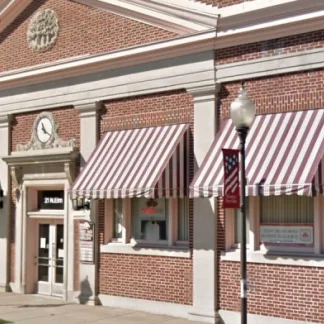Berrien County Health Department
Three Oaks, Michigan, 21 N. Elm St, 49128
Available Programs
- Adolescence program
- Adult program
- Elderly program
- Postpartum program
- Program for men
- Program for women
- Young adult program
Insurance and Financial
- Per session
- Self-pay options
- Private insurance
- Medicaid
- Medicare
About this Facility
Berrien County Health Department, in Three Oaks, Michigan, offers outpatient and community-based mental and behavioral health care for youth and adults, including intensive outpatient (IOP), general outpatient (OP), and aftercare programming. Dedicated services are available for children, adolescents, young adults, seniors, pregnant and postpartum women, and persons with co-occurring addiction and mental illness.
Their intensive outpatient program (IOP) is designed for clients requiring high-level supervision and support, including those in early recovery, those stepping down from inpatient treatment, and those at an elevated risk of relapse. Clients engage in robust individual, group, and family counseling drawing on proven modalites, including cognitive behavioral therapy (CBT) and rational emotive behavioral therapy (REBT). The program promotes clients’ sustained sobriety through extensive, age-specific, recovery-focused life skills training addressing topics such as coping, self-care, wellness, and relapse prevention.
Their general outpatient (OP) and aftercare services ensure a complete continuum of care aligned with clients’ evolving needs and may include step-down support and referrals for additional medical, mental health, and social service programs.
Berrien County Health Department is CARF accredited and accepts private insurance, Medicare, Medicaid, per session payment, and self-pay.
Contact us for more information: (269) 926-7121

Contact Berrien County Health Department
Connect with Berrien County Health Department by calling their admissions team directly.
(269) 926-7121 Website Get Directions